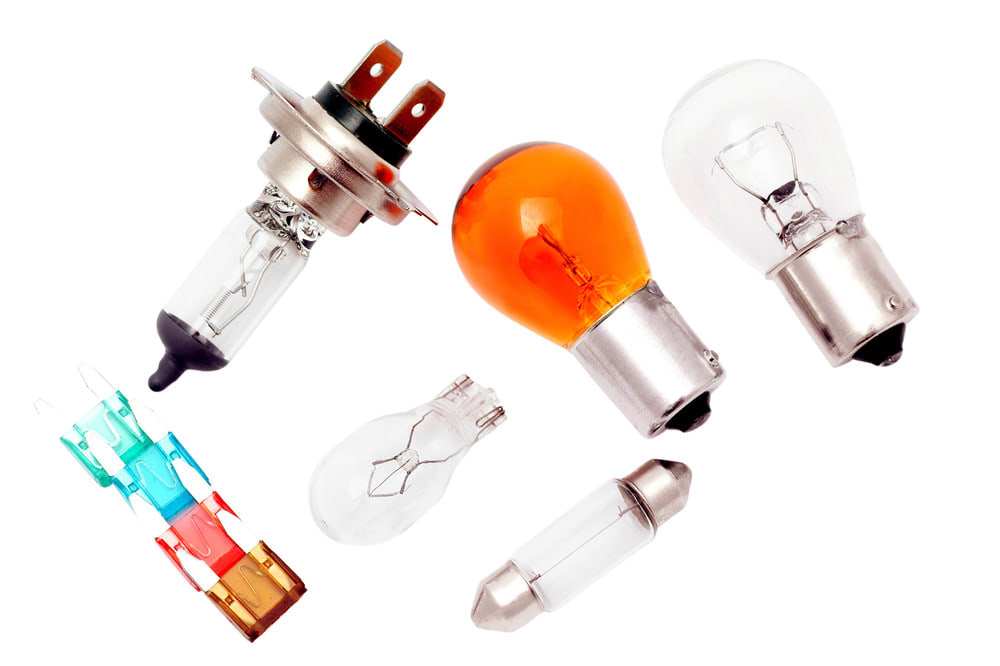

Like other electronic systems on your vehicle, your headlights have a fuse that ensures operation, but also protects against voltage fluctuations. A fuse is really nothing more than a bridge – there’s a small piece of metal that connects the two legs. When too much voltage travels through the fuse, the bridging portion breaks, opening the circuit. The bad news is that your headlights won’t work until you replace the fuse.
Fuse life
Newer blade style fuses have a very long life. In theory, they can last indefinitely. The only things that could cause your fuse to blow are as follows:
A short circuit: If a short develops in the headlight circuit, it will cause your fuse to blow. The replacement fuse will also blow, probably right away.
Over voltage: If there is too much voltage in your headlight circuit, your fuse will blow.
Corrosion: Sometimes, moisture can get into your fuse box. When this happens, it can cause corrosion. However, if this is the case, you’ll probably have more than one blown fuse. Note that moisture contamination of an in-cabin fuse box is very rare.
Problems in the electrical system can cause fuses to blow regularly – all it takes is a short to the ground wire on one bulb, and you can blow the fuse. Understand that if the fuse does fail, neither headlight will work. If one bulb is working but not the other, the problem is not the fuse.
Fuses should last for years. If you’re having problems with your car’s lightbulb fuses blowing frequently, there’s definitely an electrical problem present and you should have it inspected and diagnosed immediately by a professional mechanic.



